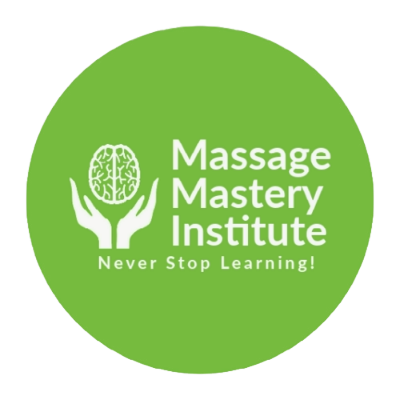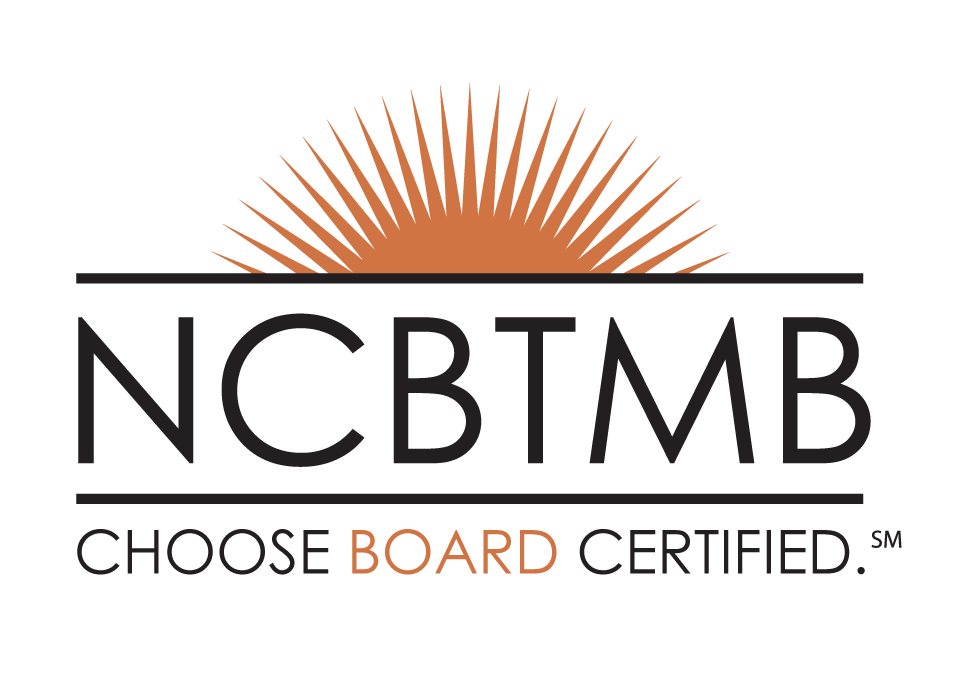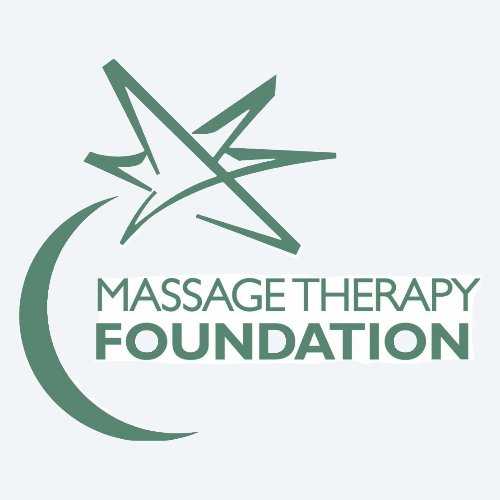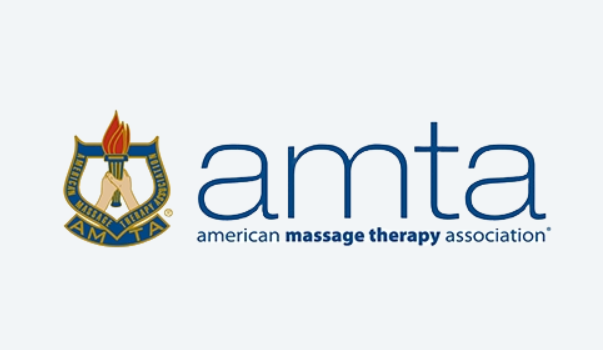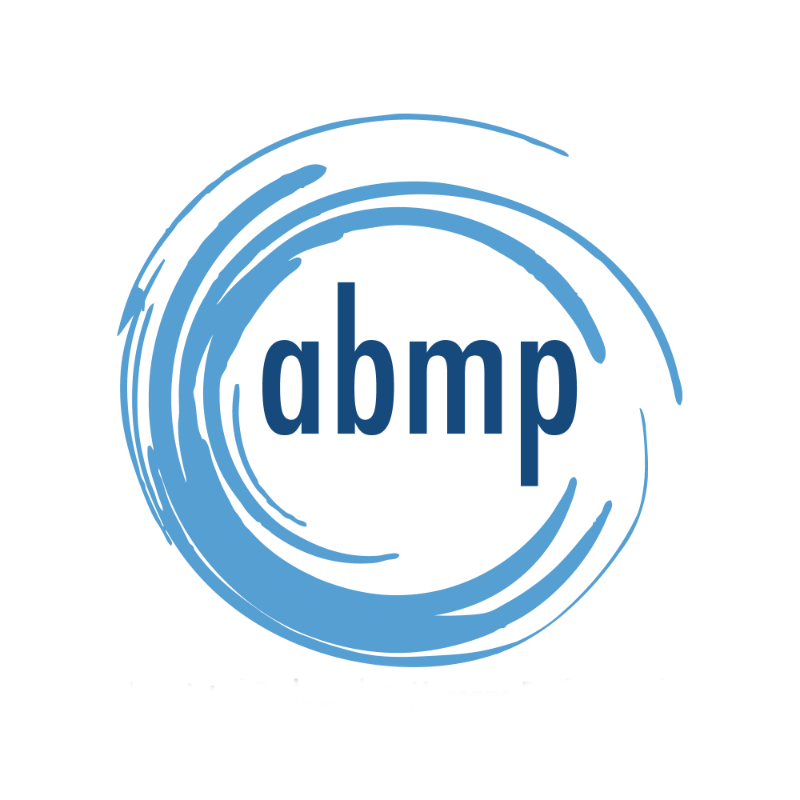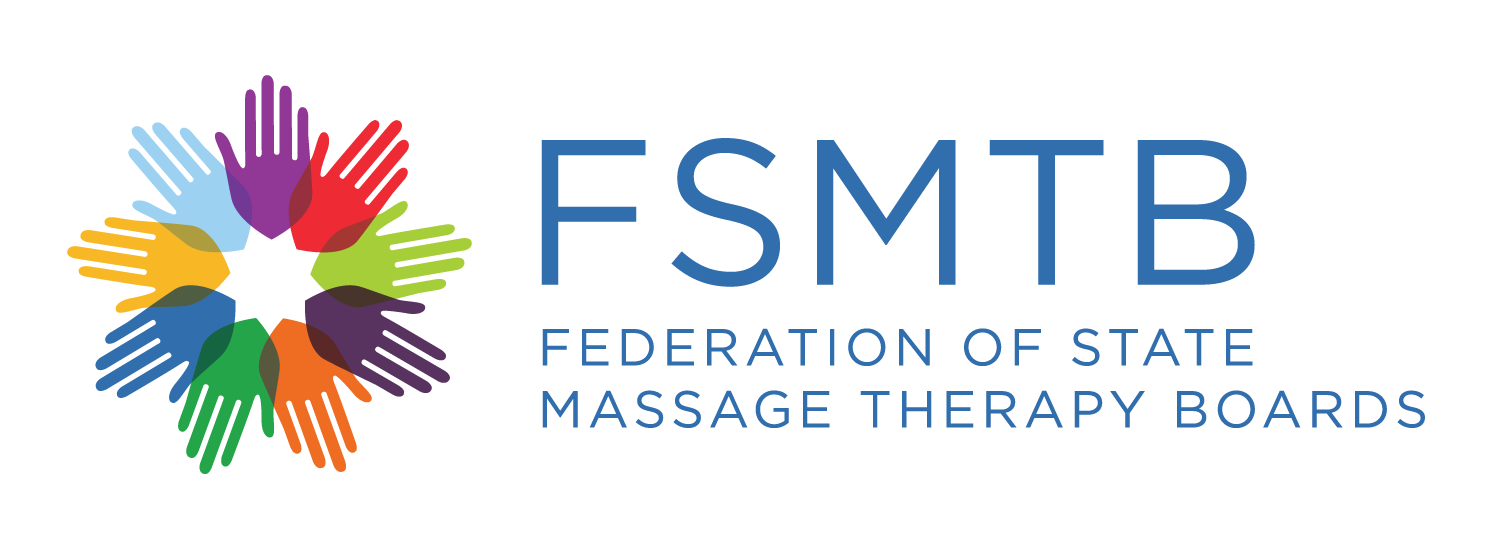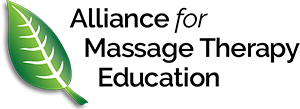What is one small step that each of us can take to immediately send an unspoken message to the public that we have a passion for our profession? That we take their care seriously?
What can we do to make it clear that we promise a practice of accomplishment above the state licensure level?
I first became board certified in 2016. As an Ontario RMT who had moved to New Jersey, I needed to obtain my license to practice massage in order to, you know, make a living! The NJ Board of Massage and Bodywork Therapy had directed me toward the NCBTMB exam so that I could prove my competency and THEN I could apply for state licensure. It had been over 10 years since I had taken an exam of that magnitude. Ontario's certification exam for massage therapy had two components, the MQC and the OSCE.
The MCQ is a computer-based exam consisting of 150 questions and candidates have three hours to complete it. The MCQ can be taken before or after the OSCE.
The OSCE is a clinical exam designed to evaluate the candidate’s knowledge and application of skills using clinical scenarios in seven test stations. Candidates have 90 minutes to complete the exam.
After having experienced both the MCQ and the OSCE, taking another exam wasn't my favorite idea. Ever the perfectionist, I needed to feel fully prepared. So, I poured over NCBTMB's website, purchased the practice exam, and began a THOROUGH review of everything that seemed to be quite similar to what I had learned in my three years at Fleming College. Board Certification required an exam similar to the MCQ portion of Ontario's process. It couldn't be that bad, right? Except, I then reflected on that crippling anxiety that I had felt, as a 21 year old, heading to my MCQ back in 2005. I cried the entire way to the testing center! Imagine the surprise of the testing center clerk when I run-jump hugged her after she told me that I passed. There were a lot of emotions flying around that afternoon!
Having to take a similar exam, this time, was a bit different. I may not have liked the idea initially, but I didn't feel as anxious - and the content was all review! That is, except for any state specific legislation and regulations. That was something that I needed to research, learn, and understand fully. The Standards of Practice, Code of Ethics, laws and regulations weren't very different from Ontario. There were some subtle differences in scope of practice. Nothing major. There were, however, significant differences in entry level education expectations.
After investigating what New Jersey held as their minimum requirements, I was happy - if not, DELIGHTED - to challenge NCB's exam and have BCTMB beside my name. You see, no longer having the College of Massage Therapists as a regulatory body and moving into state board licensure - I saw immediate value in being able to market myself as Board Certified. It meant feeling confident in having the right demographic of clients reaching out. Clients who were searching for an MT to help them with their wellness journey. Those who know me, know that I'm a solution seeker. My massages are rarely without treatment of some kind. When someone asks for "just relaxation", I take calming their nervous system on as a personal mission. When I see a health history form that is fairly blank in terms of conditions and areas of concern, I feel challenged to search out imbalances within the tissues that even the client was unaware of. I see board certification as proof to the public that I am in this profession to serve them to the best of my ability and if my ability is lacking then they can be sure that I will find the training necessary to boost my skill and show up better for their care.
I've chosen to keep my certification active. After COVID, I had mistakenly let my certification lapse, lost track of time, and needed to re-take the exam to re-establish the credential. Yes, you read that correctly. I voluntarily put myself through the MCQ jitters, for a third time. Yes, you read that correctly.
This time, I was excited to be tested. Yes, you read that correctly, yet again.
I had been coordinating and instructing the MT Program at Brookdale Community College for four years and found value in having a fresh perspective on taking a state exam. It helped me to provide my students with more sound advice on studying subject matter, relieving test anxiety, and navigating critical thinking in order to pave the path to success!
What can we do to make it clear that we promise a practice of accomplishment above the state licensure level?
I first became board certified in 2016. As an Ontario RMT who had moved to New Jersey, I needed to obtain my license to practice massage in order to, you know, make a living! The NJ Board of Massage and Bodywork Therapy had directed me toward the NCBTMB exam so that I could prove my competency and THEN I could apply for state licensure. It had been over 10 years since I had taken an exam of that magnitude. Ontario's certification exam for massage therapy had two components, the MQC and the OSCE.
The MCQ is a computer-based exam consisting of 150 questions and candidates have three hours to complete it. The MCQ can be taken before or after the OSCE.
The OSCE is a clinical exam designed to evaluate the candidate’s knowledge and application of skills using clinical scenarios in seven test stations. Candidates have 90 minutes to complete the exam.
After having experienced both the MCQ and the OSCE, taking another exam wasn't my favorite idea. Ever the perfectionist, I needed to feel fully prepared. So, I poured over NCBTMB's website, purchased the practice exam, and began a THOROUGH review of everything that seemed to be quite similar to what I had learned in my three years at Fleming College. Board Certification required an exam similar to the MCQ portion of Ontario's process. It couldn't be that bad, right? Except, I then reflected on that crippling anxiety that I had felt, as a 21 year old, heading to my MCQ back in 2005. I cried the entire way to the testing center! Imagine the surprise of the testing center clerk when I run-jump hugged her after she told me that I passed. There were a lot of emotions flying around that afternoon!
Having to take a similar exam, this time, was a bit different. I may not have liked the idea initially, but I didn't feel as anxious - and the content was all review! That is, except for any state specific legislation and regulations. That was something that I needed to research, learn, and understand fully. The Standards of Practice, Code of Ethics, laws and regulations weren't very different from Ontario. There were some subtle differences in scope of practice. Nothing major. There were, however, significant differences in entry level education expectations.
After investigating what New Jersey held as their minimum requirements, I was happy - if not, DELIGHTED - to challenge NCB's exam and have BCTMB beside my name. You see, no longer having the College of Massage Therapists as a regulatory body and moving into state board licensure - I saw immediate value in being able to market myself as Board Certified. It meant feeling confident in having the right demographic of clients reaching out. Clients who were searching for an MT to help them with their wellness journey. Those who know me, know that I'm a solution seeker. My massages are rarely without treatment of some kind. When someone asks for "just relaxation", I take calming their nervous system on as a personal mission. When I see a health history form that is fairly blank in terms of conditions and areas of concern, I feel challenged to search out imbalances within the tissues that even the client was unaware of. I see board certification as proof to the public that I am in this profession to serve them to the best of my ability and if my ability is lacking then they can be sure that I will find the training necessary to boost my skill and show up better for their care.
I've chosen to keep my certification active. After COVID, I had mistakenly let my certification lapse, lost track of time, and needed to re-take the exam to re-establish the credential. Yes, you read that correctly. I voluntarily put myself through the MCQ jitters, for a third time. Yes, you read that correctly.
This time, I was excited to be tested. Yes, you read that correctly, yet again.
I had been coordinating and instructing the MT Program at Brookdale Community College for four years and found value in having a fresh perspective on taking a state exam. It helped me to provide my students with more sound advice on studying subject matter, relieving test anxiety, and navigating critical thinking in order to pave the path to success!
